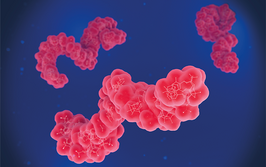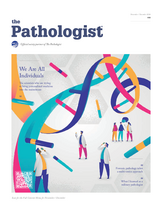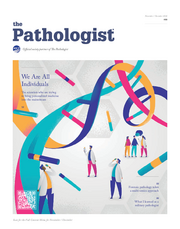Non-Invasively Diagnosing Endometriosis
Gene expression profiling could reduce surgery and increase diagnosis
Endometriosis can result in pain and infertility, among a host of other symptoms, and is thought to affect up to 10 percent of women of reproductive age. Despite this, the time between symptom onset and diagnosis can be more than 10 years (1). Why? Traditionally, the disease is diagnosed and staged during surgery, but University of California San Francisco researchers have now developed an alternative that is less invasive but highly accurate – gene expression profiling.
In a study of 77 women with endometriosis, 37 with other uterine or pelvic problems, and 34 controls, the research team analyzed the expression patterns of endometrial tissue samples, acquired using a catheter, and developed genetic “classifiers” for disease and non-disease states. The system was able to identify endometriosis with 90–100 percent accuracy, including stage (i.e. minimal, mild, moderate or severe) (1).
The authors now intend to validate their method in a larger study population, and the National Institute of Health Reproductive Medicine Network has launched a multisite clinical trial.
- J.S. Tamaresis et al., “Molecular Classification of Endometriosis and Disease Stage Using High-Dimensional Genomic Data”, Endocrinology, 155, [epub ahead of print] (2014)
I have an extensive academic background in the life sciences, having studied forensic biology and human medical genetics in my time at Strathclyde and Glasgow Universities. My research, data presentation and bioinformatics skills plus my ‘wet lab’ experience have been a superb grounding for my role as an Associate Editor at Texere Publishing. The job allows me to utilize my hard-learned academic skills and experience in my current position within an exciting and contemporary publishing company.




















